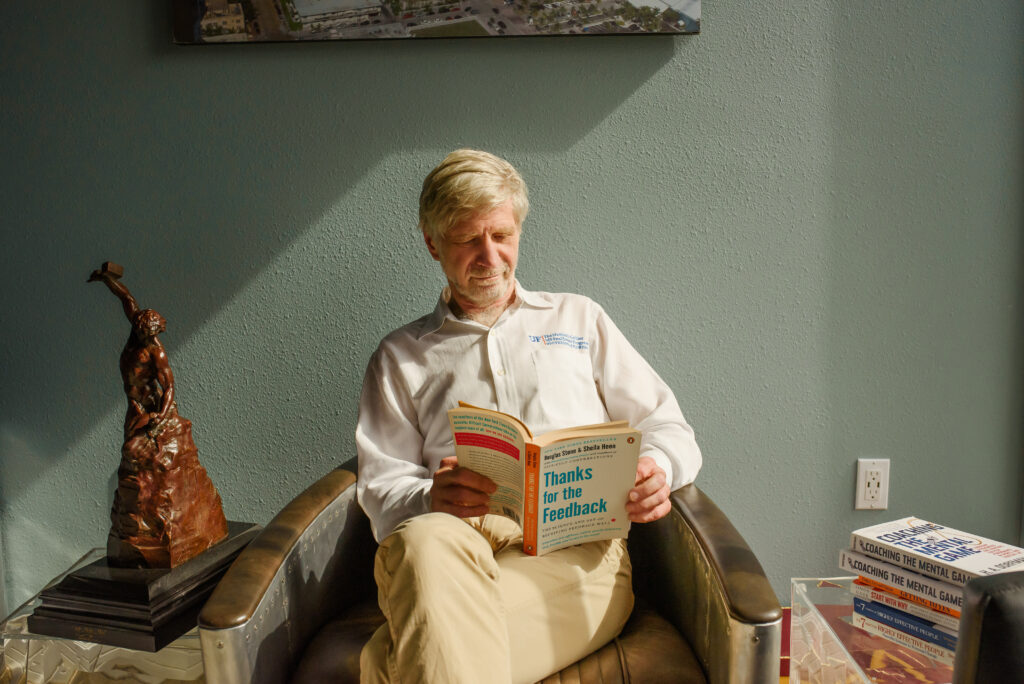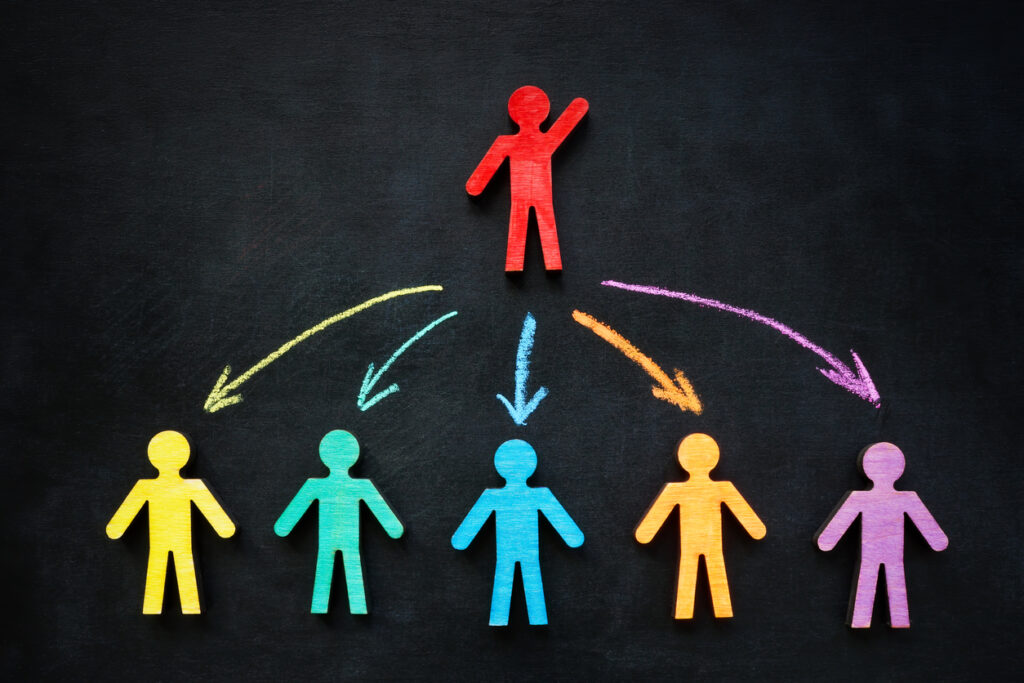 I have made a life-long study of risk and people’s perceptions of risk and their reactions to it. After all, the El Dorado of investment is to find a situation where the market perceives great risk but where the actual risk is much less. The study of risk is really the study of humans, of their fears and their reactions to those fears.
I have made a life-long study of risk and people’s perceptions of risk and their reactions to it. After all, the El Dorado of investment is to find a situation where the market perceives great risk but where the actual risk is much less. The study of risk is really the study of humans, of their fears and their reactions to those fears.
In theory, fear should never overwhelm the rational mind. The essence of civilization is that we do not allow our limbic system—our emotional response, our emotional brain—to hijack our thinking brain, particularly on the downside, particularly by negative emotions such as fear and hate.*
Since I’ve studied fear so much, I was fascinated by the title of the cover story of a recent issue of The American Interest magazine (Read full article here).
Terror-phobia:
- The irrational fear of terrorism
- The sentiment motivating U.S. national security policy since September 11
This blog is about personal leadership, not politics. However, we do touch on the subject of decision making and thoughtful analysis. One of the tasks of a leader is to allocate resources so as to accomplish as much good as possible. That requires a rational evaluation of threats and opportunities.
Most Americans would say that they consider Al-Qaeda and terrorism a bigger threat, a greater concern than the cars sitting in their driveways. But consider the statistics:
Ask most Americans their chances of dying in a car accident this year and you get a lottery-like number, somewhere between 1 in 1,000,000 to 1 in 100,000.
The real number? Your chance of dying in a car accident THIS YEAR is 1 in 7,500. Pretty lousy odds, right?
Do the math: 40,000+ deaths on the highway annually, 300 million Americans, equals 1 in 7,500. (P.S. Your lifetime odds of dying in a car accident are around 1 in 80.) Buckle up now!
400,000 of us will die this year from smoking-related causes.
250,000 will die this year from obesity or weight-related issues.
A third of auto deaths are alcohol related.
The number of motorcycle deaths has doubled (from approximately 2,000 per year to roughly 4,000), since most helmet laws were repealed.
Compare the statistics above (and the relative ease of alleviating some of them) with the number of lives lost on 9/11, and the huge amount of resources and billions and billions upon billions spent responding, and what else could have been accomplished with those same resources, plus that significantly more American lives have been lost in Iraq then were lost on 9/11, and then ask yourself:
Have we responded in an intelligent way?
Have we allocated resources in a manner so as to create the greatest good?
Are our fears rational?
There may not be too much we can do to impact national events, but one of my favorite questions, particularly when I find myself analyzing what I believe are the mistakes of others, is to ask myself some effective questions:
– “How does this apply to me?”
– “What can I learn from this?”
– “How can I put this knowledge/insight to use in my own life?”
My goal is to “become the change I seek”, to be a good example, a good role model of my values, do what I can where I am with what I have and to avoid like the dickens the syndrome of “everyone wants to change the world, no one wants to change themselves.”
Often I find that some of my own fears are overblown, that I’m allowing fears of failure or rejection or of making a silly or stupid mistake to subtly hijack my energies or attention.
Or sometimes I find that I’m prioritizing my time based on what annoys me most, or what is right in front of me, rather than on what is most important or what is most in alignment with my long-term goals.
Keep your fears rational, your hopes high, and your goals directly in front of you.
————–
* Call me a softy, but when emotions such as love and hope temporarily overwhelm self interest and common sense, when we rush in to the burning building to save the children, that is the higher side of humanity, the nobler nature of the human spirit that makes me proud to be human.




